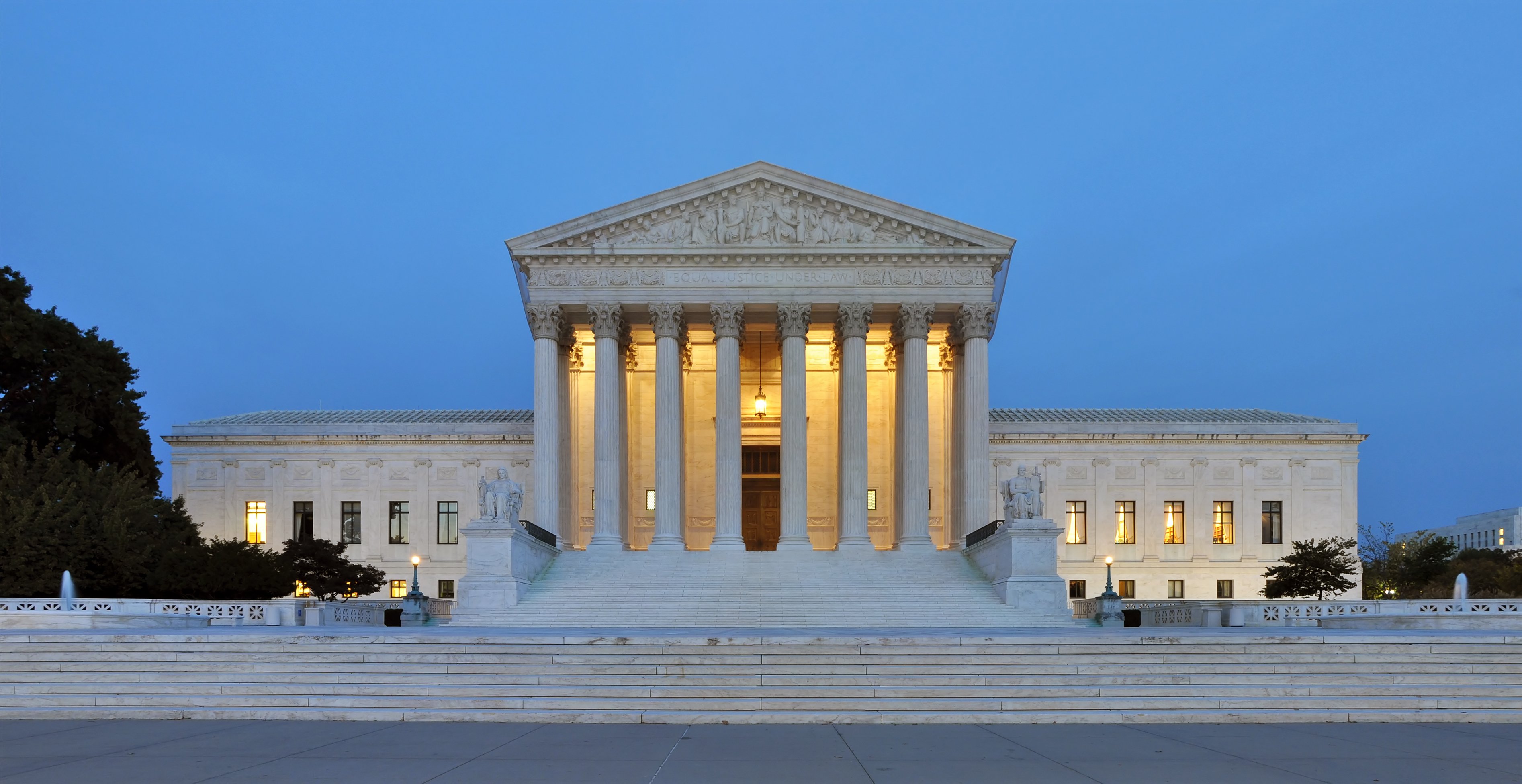
The Supreme Court will take the unprecedented step of broadcasting its oral arguments for two weeks beginning today, enacting in response to the coronavirus pandemic a measure that government transparency advocates have demanded for years. The arguments will be held telephonically, with slight adjustments for the format — justices will ask questions in order of seniority, instead of the typical free-for-all — and will provide the first opportunity for broad segments of the public to have real-time access to the proceedings of the nation's highest court.
Activists have sought to expand public access to Supreme Court arguments for decades, but the conservative institution has been resistant to such a change. As recently as last year, Justice Elena Kagan testified to Congress that the court has not seriously considered televising its proceedings in the 10 years of her tenure, and that live broadcast might change the character of arguments for the worse.
But the need to continue with legal business in an environment of social distancing has led some courts and lawmakers across the country to embrace remote access technology. From the perspective of press freedom and government transparency, this presents an opportunity to enhance access and accountability for processes that have historically been out of reach for much of the public.
Live broadcasts will allow journalists and the public to interact with significant arguments in ways that daily transcripts and weekly audio releases have not — and presumably, will reach the public in ways that those steps couldn't. Concerns about public access changing the nature of proceedings are real, but are far outweighed by the public good of allowing more people to engage with the interpretation of the law.
The Court also weighed in on public access to the law in the recent Georgia v. Public.Resource.Org, a closely watched copyright case concerning official annotations to the legal code in that state. The ruling, which holds that Georgia may not claim a copyright in those annotations, is a victory for access and the public ownership of the law.
Public.Resource.Org is an organization led by Carl Malamud, an activist who has engaged with many public domain and transparency projects over the years, including a call for free access to PACER, the online catalog of federal court documents. (His call was answered by the late Aaron Swartz, who created a script to download some 20% of the public domain documents in the database. Swartz was a co-creator of the SecureDrop project, now maintained by Freedom of the Press Foundation.)
In Georgia, lawmakers contracted with a third party to create commentary on the law to provide analysis and guidance as to how it had been interpreted and applied. That commentary went into the Official Code of Georgia Annotated, in which the state claimed copyright restrictions. In earlier legal filings, Georgia described Malamud’s online distribution of its laws as “a strategy of terrorism.”
An unusual combination of justices formed the majority that ruled the no copyright could exist in those annotations. Chief Justice Roberts, writing for that majority, wrote that "whatever work that judge or legislator produces in the course of his judicial or legislative duties is not copyrightable."
The first case examining the scope of the Computer Fraud and Abuse Act, with significant implications for data journalists and other people who research or report on technical systems, is also slated to come before the Court in a coming term. The CFAA, passed in 1986, has come to be understood in recent years as dangerously broad, and has been used to criminalize otherwise lawful conduct simply because it involves a computer. It's been dubbed "the worst law in technology" by the Electronic Frontier Foundation, and successfully challenged in court by the ACLU.
Van Buren v. United States, which the court will hear in a coming term, concerns the question of whether a person who is authorized to use a computer system can be charged for accessing the same system for improper purposes. That interpretation has been used to create criminal consequences for violating a website's terms of service, which has a profound chilling effect on research and reporting.
Although the specific facts of the Van Buren case do not concern acts of journalism, the CFAA certainly affects reporters. A Supreme Court ruling on how to understand that law could provide important information for how reporters should understand it, and what legal protections they can count on when pursuing a story.
The Supreme Court's interpretations of the First Amendment and other areas of law can have major effects on the ability for journalists to do their work, and it's only appropriate that the press and the public can observe the proceedings as openly as possible. We'll continue to follow its arguments closely, and report on the press freedom implications of these rulings as they develop.
